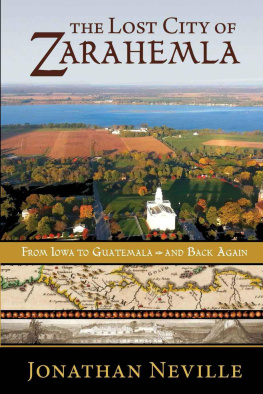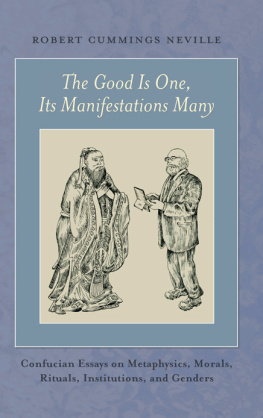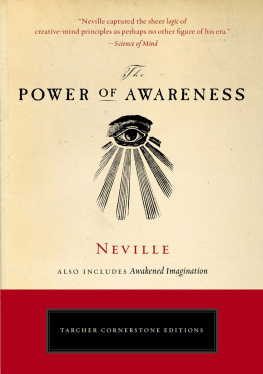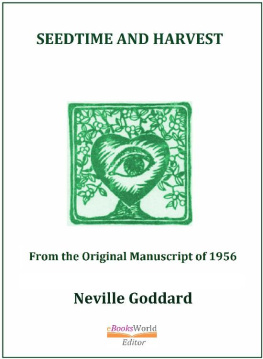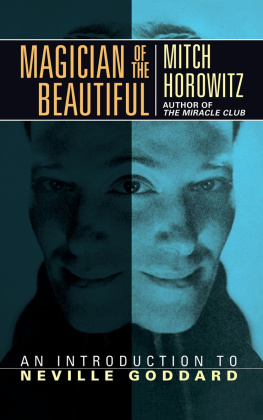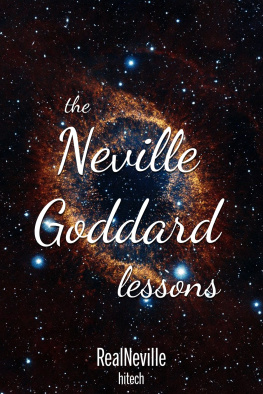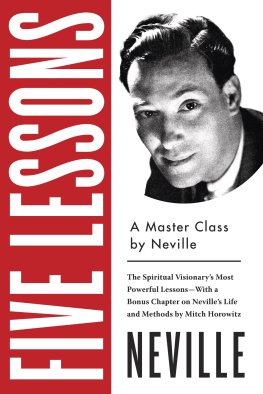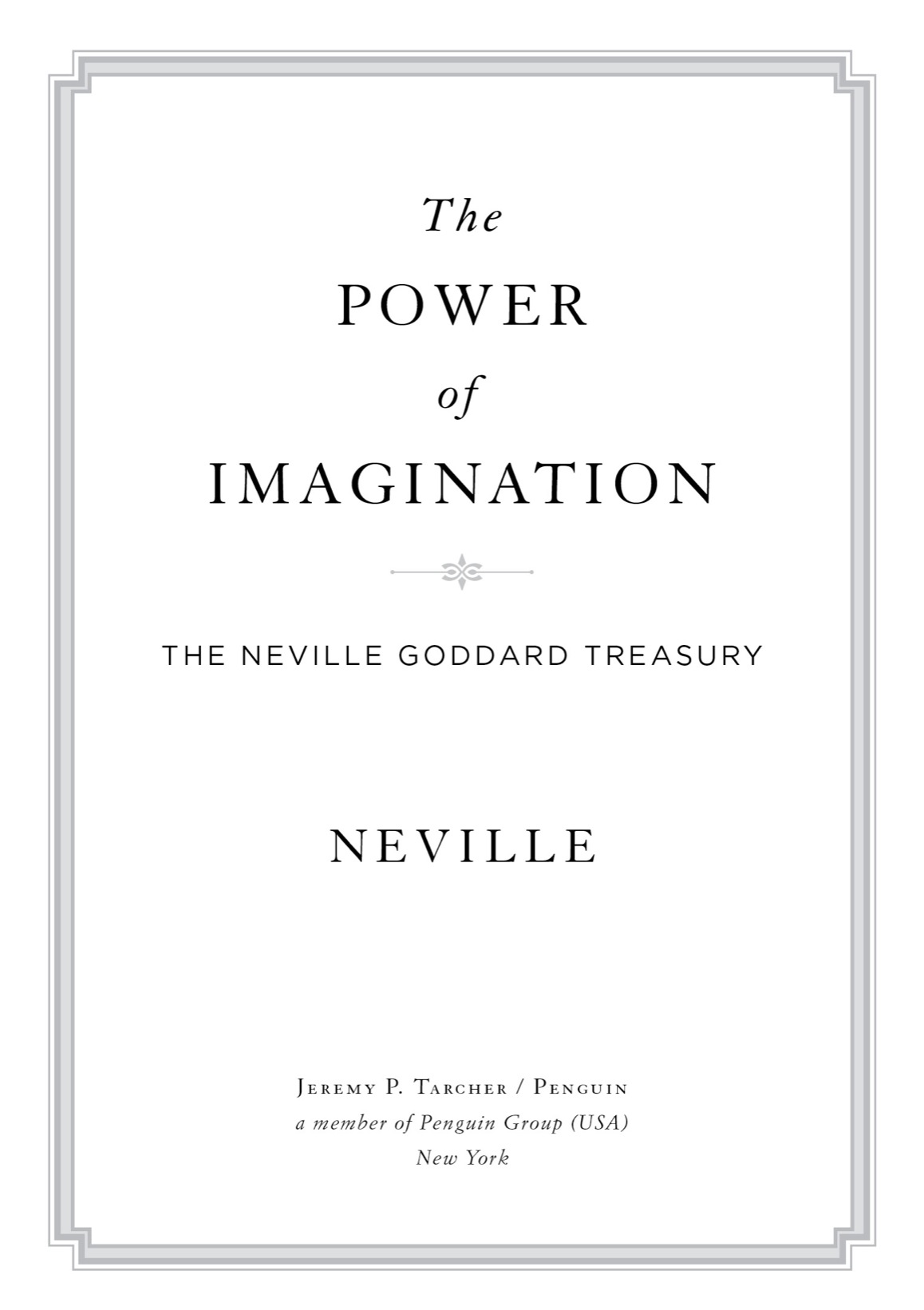By Israel Regardie
N ear Broadway on 49th Street in New York City is the Old Actors Church. Should you go there on Wednesday, Friday or Sunday night of any week, either winter or summer, I can promise you more than a pleasant evening. It will be a highly instructive evening. You will hear Neville discourse on Truth. A young man, not more than 36 years of age, he is a dynamic, handsome and most charming personality. He has a winning smilethoroughly and completely disarming. His presentation of truth is forceful and sincere. Charged with feeling, and reflecting his own integrity and purposefulness, he communicates himself readily from the pulpit.
Four to five hundred men and women flock to the Old Actors Church on each of these nights that he talks. How much of his evident popularity is due to his charm and how much to his dynamic orations, is not for me to say. Some, however, have hazarded an opinion. Some suspect it is the former. Nevertheless this judgment does not in the least detract from the value and worth of what he is impelled to teach. His method and content of teaching are entirely too good and provocative readily to appeal to so many and to such different varieties of people. However that may be, his readers and the listeners must be the judges. He does get a crowdand he satisfies most of them.
Neville is not a native American. He comes from the Barbadoes, British West Indies, having been born in a planters family in the year 1905. Evidently he felt a cane-sugar plantation was no place for him. A wider sphere of action for imaginative flight and spiritual understanding were necessary to him. His spirit craved other than a small island off the mainland of the U. S. So at the age of 17 he came to this country to study Drama.
A Mans Faith Is His Fortune, he wrote at a much later dateit was the title of a book of his. Evidently he had unbounded faith in himself to have set off youthfully on the unknown possibilities of a career in an unknown land. His confidence has stood him in good stead, since it has brought him through, to a position where he has become a public figure. No doubt there are greater heights of achievement and fame awaiting him in the future.
The year 1925 found him beginning his theatrical career at the Hippodrome, which not so long ago was torn down, removing from New York one of its old landmarks. The destruction of this building was also a milestone to Nevilles life. It coincided with his departure from the world of the theatre. He entered a totally different public life. Yet it was a life which at the same time bore certain resemblances to his old dramatic careeras we shall see.
He has had a wide and varied experience for a young man, this Neville. In 1925 he sailed for England with a dancing partner, and travelled widely in that country. It was there that he became openly interested in the study of the occult and mysticism.
Whilst in England, he met Arthur Begbie who introduced him to the world of psychical research, giving Neville his first taste of the spiritualistic seance. It left him, I should say, a little bit flat, but nonetheless, he knew afterwards, that he was definitely embarked upon a long journey. Of that he was sure, in spite of his dislike of the atmosphere and the procedure of the seance. Shortly after his return to America in 1926, to continue his theatrical career, his interest in mysticism became keener and keener, coinciding with a waning interest in the theatre.
I want to emphasize that Neville was a success in the dramatic world. He did not retire from the stage to metaphysics because he was a flop. Not at all. His salary from the theatre at times ran to $500 per weeka sum not usually earned by failures. This is important to know. It will help dispel the popular notion that only failures and life-dyspeptics go in for metaphysics.
It was around this time that he became associated with one of the several so-called Rosicrucian bodies. I should like to write at length on this subject of Rosicrucians and Rosicrucian organisations. However, I shall have to leave that for another occasion despite the fact that it is a fascinating subject for research, and a lovely topic for a disquisition on the foibles of human nature. Anyway, he not only became a member of this body and studied with it, but embarked upon a definite spiritual and moral discipline, imposing upon himself a regime of abstemious living, sexual continence, and a vegetarian diet. It was enough surely, to break a stronger person than him. From a husky strapping fellow of 176 pounds, he rapidly fell in weight to about 135 pounds. Not only was his efficiency impaired, but he became subject to fainting fits, and had long spells of weakness and languor. At the same time, probably because of the dietary and this irrational mode of life, and undoubtedly because of the neurological disturbances which would accompany such a procedure, a number of psychic experiences occurred to him, including involuntary astral projection and momentary clairvoyant glimpses.
His was a successful theatrical career. I repeat this and emphasise it. He had featured in six Broadway plays, and had travelled all over the country from one theatre to another, and his income ran into several thousand dollars per year. But because of his mystical predilections, and his declining interest in the theatre, he finally withdrew from the theatrical career that he had so laboriously struggled to build up. It became a closed episode of his life. Yet the experience of the theatre gave him something that enabled him in later years to succeed in his newly-chosen work. His personality and his teaching are both highly dramatic.


